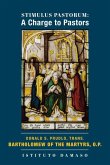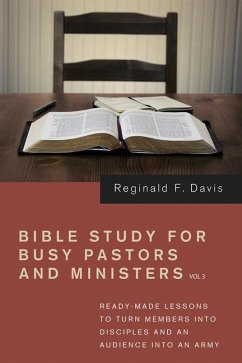The confessional break which touched the Christian West in the XVIth century permanently revolutionised the place of the clergy societies and their influence on the faithful. The original principle of Lutheranism, then reforms of the Swiss type, from the universal priesthood was broadly relativised by the progressive placing of a protestant clergy, but it opened upa gap that can be followed at the time of the controversies and which continues to fix a fundamental difference between the two camps. However, reciprocal influences and contacts are observable in the areas of confessional co-existence: the spaces of frontiers can appear as privileged observatories in order to include the reciprocal influences between the clergy, up to interpreting in their own way and considering the pastoral ministry as well as to forge their professional and social identities. The training of the clergy, their organisation, the op[positions which they must confront, their interactions, even the sociabilities of their members are studied here through very diverse practices (preaching, conferences and controversies, erudite sociabilities, missions, institutional control, liturgical practices, repression of deviance, or even definition of concurrent memories). These case studies plunge us into the process of definition of clerical identities which are certainly constituted against the other side, but also, more subtly, in terms of the other side and on common foundations. JULIEN LEONARD is the master of conferences in modern history at the University of Lorraine (Nancy)
Hinweis: Dieser Artikel kann nur an eine deutsche Lieferadresse ausgeliefert werden.
Hinweis: Dieser Artikel kann nur an eine deutsche Lieferadresse ausgeliefert werden.








